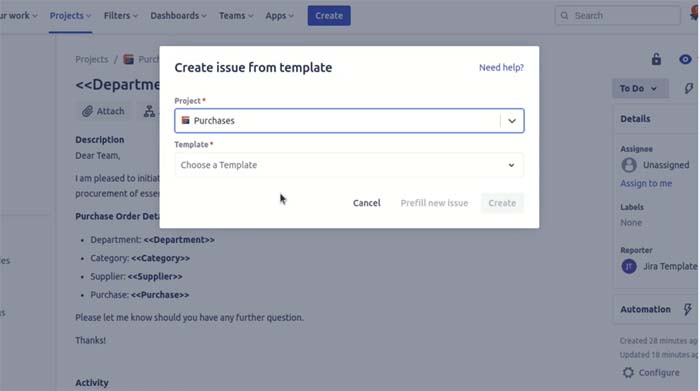Automated emails and triggered emails are two different marketing terms with similar meanings. Automated email campaigns are used when a business needs to send emails based on predefined criteria like a specific action or an event. Every industry has the potential to gain a lot from marketing automation. The insurance industry is no exception.
Whether you’re an insurance agency or firm, triggered email campaigns are a great marketing opportunity for you to expand your client base. When implemented the right way, email automation not only helps you deliver an awesome client experience but also makes it easier to get new clients. Pathway’s Marketing Bot is a real-world example of an email automation tool designed to meet the email marketing needs of insurance brokerages.
What is triggered email marketing?
Let’s first define what trigger really means. A trigger is something that creates an automated response. For instance, a trigger is when a new customer signs up for your services or when a prospect inquires about your products. One of the best features of triggered email marketing is the ability to send personalized messages.
We know how personalized messages improve engagement and conversion rates. According to Smart Insights, 63% of consumers stop buying from companies that use poor personalization tactics. The use of triggered emails is a good way to improve your personalization tactics. Businesses that take advantage of triggered emails report satisfactory conversion rates because they send relevant messages to their prospects and customers.
Examples of triggered emails for the insurance industry
As an insurance agent, you probably have figured out when your prospects and customers should get a message from you. For example, you want to send a welcome email to your new customers. Or, you want to send an email explaining more about your products when someone shows interest in your products.
When a consumer gets such a personalized response from you, they would definitely be willing to do business with you because you understand their needs and don’t stuff them with irrelevant marketing messages. The following are some common examples of triggered emails:
- Welcome emails
- Onboarding emails
- Pre-renewal, renewal letters
- Policy updates
- Chatbot interactions
- Internal notifications
- Order confirmation
- invoices/receipts
If you haven’t yet used automated email campaigns to run your business processes, start small and then scale your way up. You can start with sending a monthly newsletter to your subscribers and then work on implementing more workflows.
Key benefits of triggered email campaigns
The following are some of the key features of a well-thought-out triggered email campaign:
1. Lead nurturing
Your buyers’ journey involves certain steps from awareness to decision. You can have an email campaign for every step to nurture your leads and bring them one step closer to conversion. If your prospects have just started exploring insurance solutions, send them educational emails. If they’re about to buy a product, tell them how your products are better than others. In fact, you don’t have to do anything: your email automation tool will do this for you. All you have to do is come up with a sound strategy.
2. Improved customer engagement
Timely and accurate responses are what improves your customer service. When your email automation system sends the right and direct response to an action, your customers feel valued and supported. Just anticipate your customers’ needs at different stages and integrate well-prepared responses into your system to serve them.
3. Time-efficiency processes
As mentioned earlier, triggered email campaigns are scheduled based on client or prospect activity. You don’t have to craft emails all the time. While your email automation tool is taking care of communication and marketing, you have the freedom to go out and build new relationships.
Bottom line
Triggered email campaigns are a great opportunity for you to streamline your insurance business once and for all. Make sure you take full advantage of innovative email automation technologies.








Leave a Reply